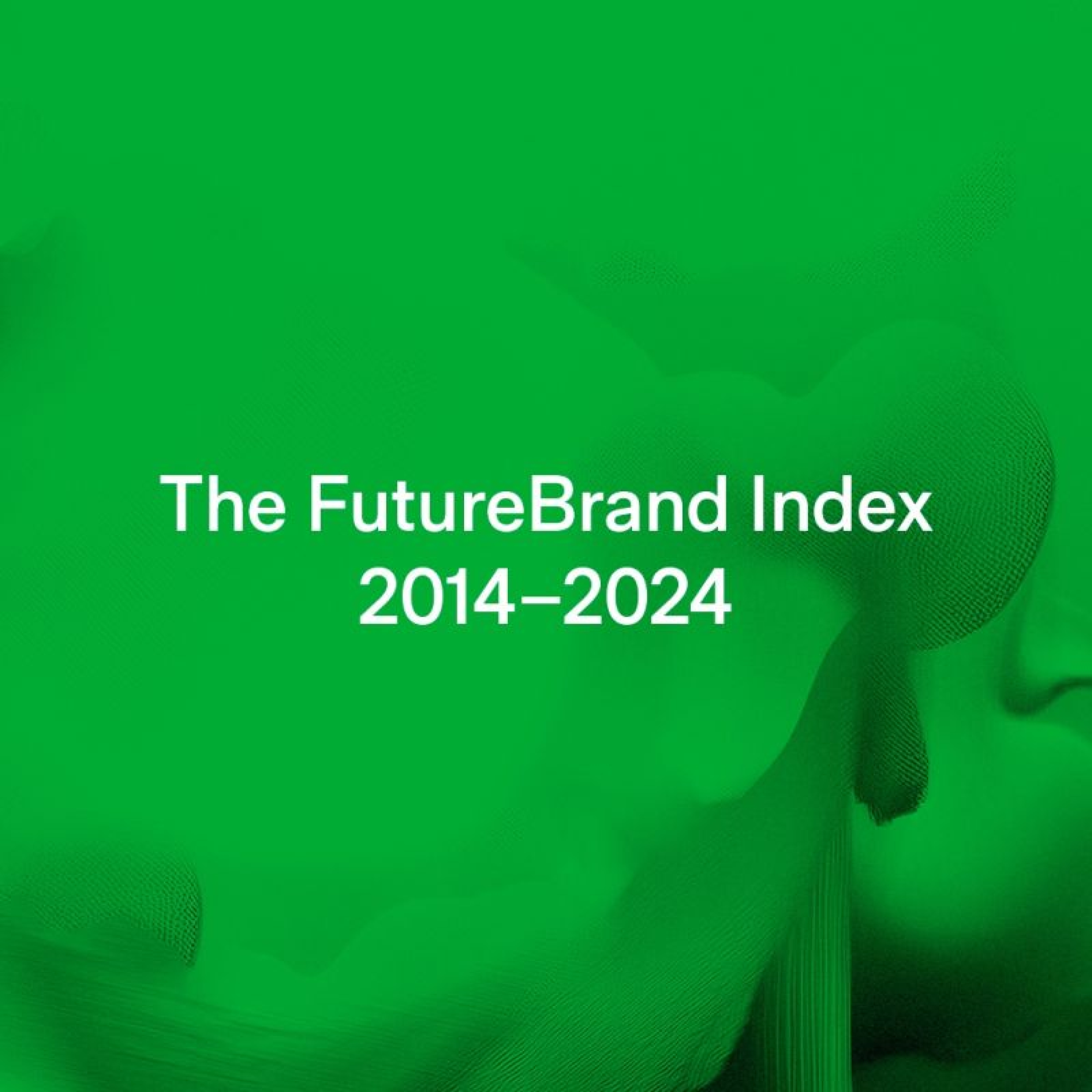

Is there a simple answer to the complex questions AI is posing?
Last week, I joined the audience at humAIn, now in its third year.
Looking back over time, the presentations and conversations at humAIn in its first year had felt experimental.
In its second year, experimental felt like it had become real. Actual.
Since then, however, AI has felt like an experiment where no-one quite knows how the various elements might react. Volatile.
Which brings me back to this year’s humAIn and the first speaker of the day, Sarah Carney, Microsoft’s National Chief Technology Officer, who shared her view of AI and its implications.

As you can see, Sarah shared three friction points.
Trust.
Brand.
Strategy.
But I read one complete sentence.
Trust Brand Strategy.
There you have it, the solution to the complexities of emerging technology hiding in plain sight.
First and foremost, Trust is pivotal for any emerging technology, but that's exactly where so many Technology brands seem to be falling short in an era where technological advancements like AI have accelerated a high-stakes, winner-takes-all competition.
As it stands, Financial Services brands, for example, seem to be beating the tech giants at their own game, as revealed by this data from the FutureBrand Index 2014-2024.

The Financial Services businesses with the strongest brand perceptions are not pursuing disruption at all costs but rather shaping progress purposefully and responsibly. This demonstrates that you don't need to 'move fast and break things' in order to drive digital transformation. With trust in your brand, new technologies are met with customer enthusiasm rather than digital apprehension and lead to sustainable growth.
Secondly, if technologies including AI are to translate into deeper, richer experiences, then your brand offers the strategic platform on which to build connection and add feeling to function. We keep hearing that the best technology is “invisible”, enabling maximum utility with minimum friction.
As a result, it is brands – not technology itself – that will provide the interface of the future if those businesses are to offer compelling experiences worthy of their customers’ time, energy and money. As technology becomes increasingly invisible, your brand will surface to shape the things to come.
Last but not least, in a world where we can do anything, it’s no longer ‘can’ we do it, but ‘should’ we do it? That's the question your strategy should answer, guiding marketers and non-marketers alike to know how it is that any technology and its application can be meaningful and distinctive to your customer experience.
Only with an effective brand strategy can you say 'no' with confidence and 'yes' with clarity to all the technology opportunities, AI or otherwise, that will come your way.
In case of emerging technology, trust brand strategy.
This article was first published by Mumbrella on 15 May 2025.
Related articles

Who cares about your rebrand?
With many companies rolling out new logos, refreshed names and revamped strategies, FutureBrand's General Manager, Christina Kokkinakis asks the pivotal question.

Seamless, sameness? It’s time to rethink friction
Customer Experience removes meaningless friction, but Brand Experience can add meaningful friction to help you grow your brand and business.

FutureBrand Index 2024 just launched
10 years an icon: Why Apple, Disney and Samsung have topped the charts in the FutureBrand Index.